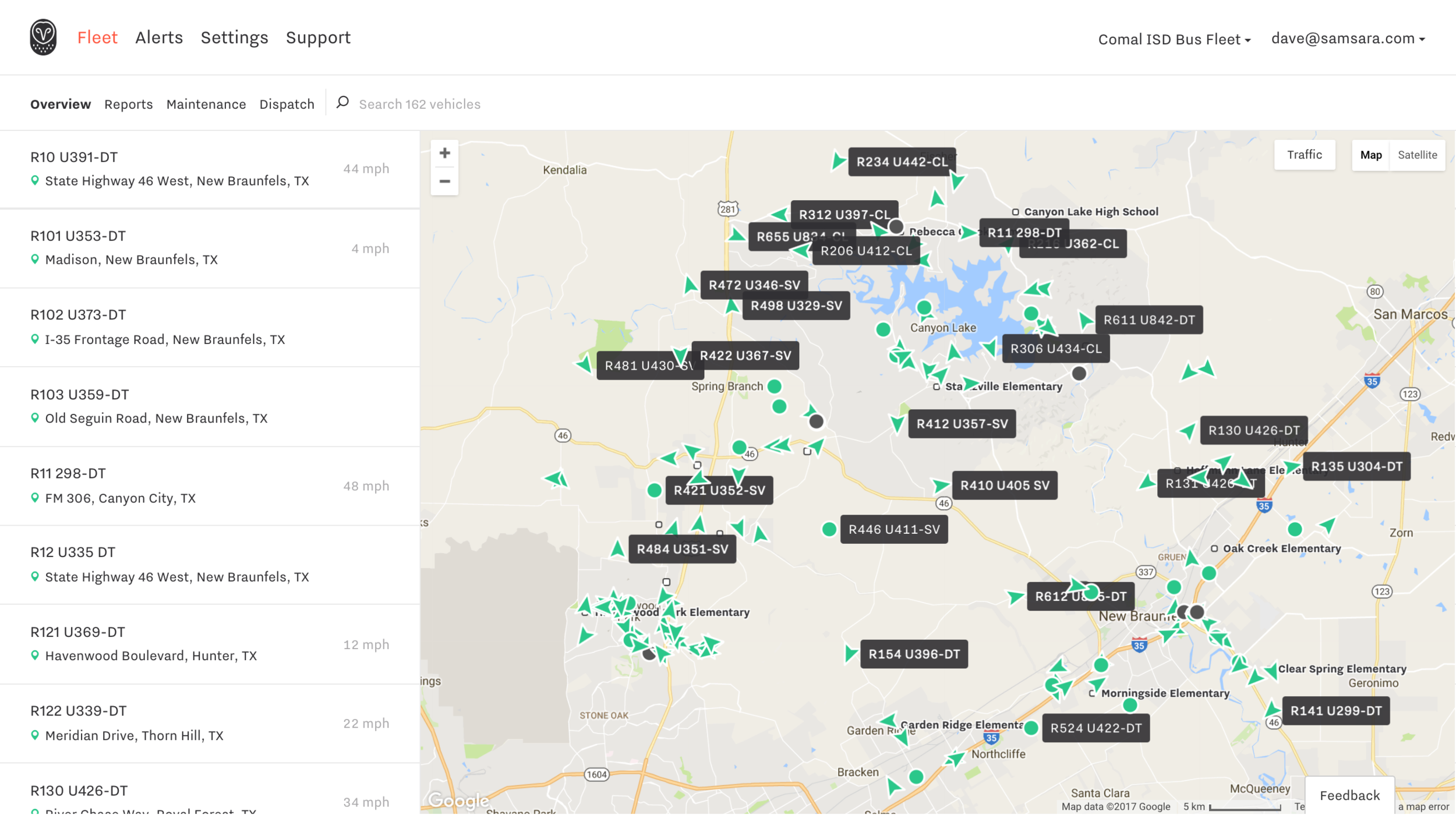Emerging Trends: The Coming Massive Disruption of Transportation and Energy
/Fred Wilson recently shared one of the best talks I've seen this year. It is by Stanford lecturer, author, and entrepreneur Tony Seba about the future of transportation and energy and was given in June 2017. If Tony is even half right there is a huge breadth of change coming much, much faster than people imagine. His arguments and forecasts are based around cost curves and the exponential improvement we see in technology.
Some points that drew my attention:
- His key message is that a 10x improvement in a cost basis from new technologies leads to industry changing disruption and mass adoption via an S-Curve with exponential growth - linear models are the wrong way to go about forecasting any type of significant change.
- The accelerating cost curve of Lithium Ion batteries and how they are dropping 20%+ a year is a fulcrum technology that will completely change transportation and energy in the next 10 years. Batteries and energy storage will be ubiquitous since they will be so cheap.
- These cheap batteries are catalyzing electric vehicles over internal combustion engine (ICE) vehicles due to a 10x improvement in fuel costs and a 10x+ improvement in maintenance costs ( ICE vehicles have ~2,000 moving parts while electric vehicles have ~20 moving parts). All of this means by 2025 every new vehicle in developed markets will be electric since an ICE vehicle will make no economic sense.
- By 2030: Electric Vehicles + Autonomous Driving + Transportation as a Service = Cost of Transportation will be 10x+ cheaper. New car and ICE industry demand will collapse as there will be 80% fewer cars on the road. The auto insurance industry, parking garage ownership, etc will collapse. 70% of oil demand will collapse meaning all expensive oil sources (deepwater, tar sands, etc.) will be stranded along with oil pipelines, refineries, etc.
- Solar cost curve has dropped in half every 2 years so by 2030 solar will be close to 100% of world power generation. In 80% of the world solar energy today is at parity with grid power and continues to get cheaper.
- The disruption of the energy grid is already well underway with energy storage as a service leading to monthly cancellations of new power plants around the world. By 2020 solar + self storage batteries at your house will be cheaper than power transmitted by the traditional electric grid. It already is in some locations such as Dubai.
Overall, we all knew these changes were coming, but not how quickly they would be here, driven by cost curves and economic self interest.













